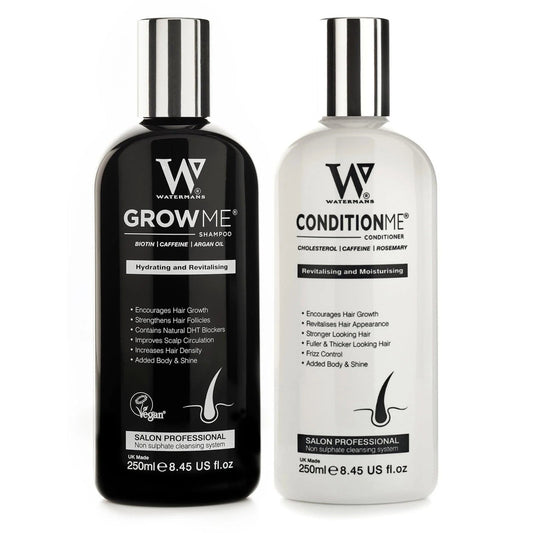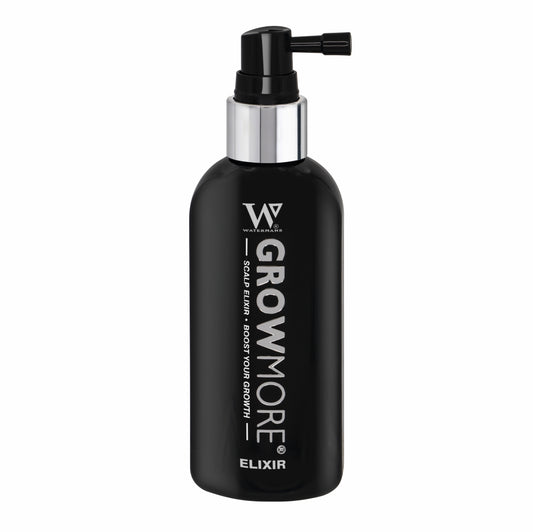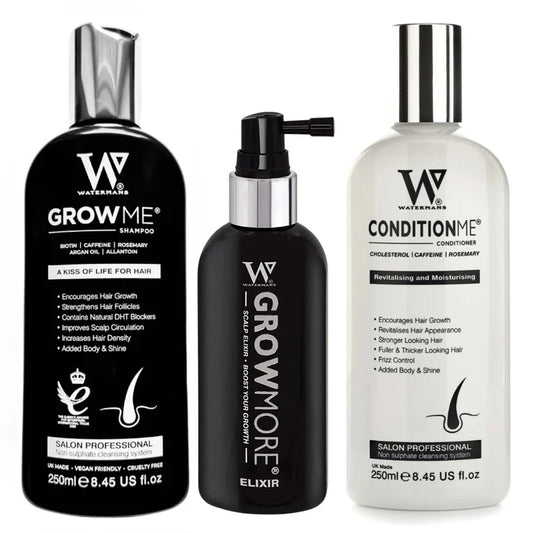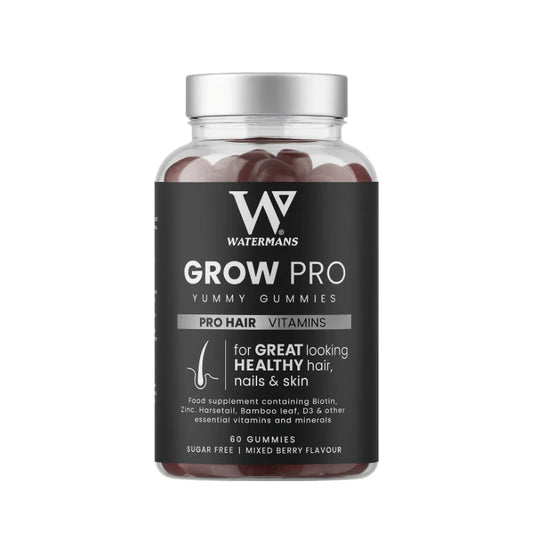Unlocking Harmony: Understanding Hormonal Imbalances and How to Restore Balance in Your Body
Share

Hormonal Imbalances: Unlocking the Secrets to a Healthy Body
Hormonal imbalances can have a profound effect on your overall well-being. From mood swings to weight gain and fatigue, the hormones in the body play a crucial role in our daily lives. This article will guide you through understanding hormonal imbalances, their symptoms, causes, and most importantly, how you can restore balance in your body.
What Are Hormones?
Hormones are chemical messengers produced by the glands in your endocrine system. They travel through the bloodstream and help regulate various bodily functions, including metabolism, growth and development, mood, sexual function, and overall homeostasis. Some of the key hormones include insulin, estrogen, testosterone, thyroid hormones, and cortisol.
Symptoms of Hormonal Imbalances
Recognizing the signs of hormonal imbalances can help you take proactive steps toward restoration. Common symptoms include:
- Weight Changes: Unexplained weight gain or loss
- Mood Swings: Increased anxiety, depression, or irritability
- Fatigue: Feeling unusually tired or sluggish
- Sleep Disturbances: Insomnia or excessive sleepiness
- Changes in Appetite: Increased cravings or decreased hunger
- Menstrual Irregularities: Irregular, heavy, or missed periods in women
- Libido Changes: Reduced sexual desire or performance issues
- Skin Issues: Acne, dryness, or excessive oiliness
- Hair Changes: Thinning hair or excessive hair growth
If you're experiencing any of these symptoms, it might indicate a hormonal imbalance that could be affecting your quality of life.
Causes of Hormonal Imbalances
Understanding the underlying causes of hormonal imbalances can help you address them effectively. Here are some common factors:
1. Stress
Chronic stress can lead to elevated cortisol levels, which can disrupt the balance of other hormones and result in various physical and emotional symptoms.
2. Diet
An unhealthy diet lacking essential nutrients can affect hormone production. Consuming excessive sugar and processed foods can lead to insulin resistance, further complicating hormonal balance.
3. Age
As we age, hormone production naturally declines. For women, menopause marks a significant hormonal transition, while men may experience a gradual decrease in testosterone levels.
4. Medical Conditions
Certain medical conditions, like polycystic ovary syndrome (PCOS), thyroid disorders, and diabetes, can lead to hormonal imbalances.
5. Environment
Exposure to endocrine disruptors found in plastics, pesticides, and personal care products can affect hormonal health.
Restoring Hormonal Balance
Now that we’ve established what hormonal imbalances are and their potential causes, let’s look at steps you can take to restore balance in your body.
1. Maintain a Balanced Diet
Eating a diet rich in whole foods, such as fruits, vegetables, whole grains, lean proteins, and healthy fats, can help regulate hormone levels. Omega-3 fatty acids found in fish, flaxseeds, and walnuts can be particularly beneficial.
2. Manage Stress
Adopting relaxation techniques can help lower stress levels, such as:
- Meditation
- Yoga
- Deep Breathing Exercises
- Mindfulness Practices
3. Regular Exercise
Engaging in regular physical activity can help manage stress, improve mood, and promote hormonal balance. Both aerobic exercises, such as jogging and swimming, and strength training help enhance the body’s hormone regulation.
4. Get Adequate Sleep
Quality sleep is essential for hormonal health. Aim for 7-9 hours of quality sleep each night to support hormone production and stability.
5. Consider Natural Supplements
While diet and lifestyle changes are essential, some natural supplements may help restore hormonal balance:
- Vitamin D: Can help regulate insulin and thyroid hormones.
- Magnesium: Supports adrenal glands and stress response.
- Omega-3 Fatty Acids: Reduces inflammation and can help regulate hormones.
Note: Always consult with a healthcare professional before starting any new supplement regime.
6. Stay Hydrated
Drinking adequate water is crucial for bodily functions, including hormone production. Aim for at least 8 glasses of water per day.
7. Regular Health Check-Ups
It’s crucial to monitor your hormone levels with the help of healthcare professionals. Regular check-ups can help diagnose conditions early and guide treatment options.
Did You Know?
- Hormonal imbalances affect both men and women, although symptoms might differ.
- In women, hormonal changes are tightly linked to the menstrual cycle, with fluctuations in estrogen and progesterone affecting mood and well-being.
- Certain endocrine disruptors can be found in everyday items like plastic containers, personal care products, and household cleaners.
Q&A Section
Q1: Can hormonal imbalances cause hair loss?
Yes, hormonal imbalances, particularly in testosterone and estrogen levels, can lead to hair loss in both men and women.
Q2: How can I naturally balance my hormones?
Focus on a balanced diet, regular exercise, stress management, adequate sleep, and consider consulting with a healthcare professional.
Q3: Is it possible to prevent hormonal imbalances?
While some causes are unavoidable, maintaining a healthy lifestyle can significantly reduce the risk of developing hormonal imbalances at any age.
Q4: Are there medications for hormonal imbalances?
Yes, hormone replacement therapy and other medications can help manage hormonal imbalances, but they should be discussed and evaluated by your healthcare provider.
Q5: Can diet really affect hormone levels?
Absolutely! A well-balanced diet rich in essential nutrients directly influences hormone production and regulation.
Q6: How does aging affect hormones?
As we age, hormone production typically decreases. Women experience a more significant decline in estrogen during menopause, while men may experience gradual testosterone depletion.
Q7: What are some foods that are good for hormonal health?
Foods that support hormonal balance include avocados, fatty fish, nuts, seeds, sweet potatoes, cruciferous vegetables, and dark leafy greens.
Q8: Can stress affect menstrual cycles?
Yes, elevated stress hormones can disrupt menstrual cycles, leading to either irregular periods or missed cycles altogether.
Q9: What role does insulin play in hormonal balance?
Insulin is a vital hormone that helps regulate blood sugar levels. Imbalances in insulin can lead to issues such as diabetes and PCOS.
Q10: What lifestyle changes can have the biggest impact on hormone health?
Implementing a balanced diet, managing stress, regular exercise, and getting enough sleep are key lifestyle changes that can substantially impact hormonal health.
Final Note
If you are experiencing hair loss or hair thinning as a symptom of hormonal imbalances, consider trying Watermans Grow Me Shampoo. This natural solution contains effective ingredients, such as biotin, rosemary, caffeine, niacinamide, argan oil, allantoin, and lupin protein, known to energize the scalp and promote hair growth.
Understanding and restoring hormonal balance is vital for achieving optimal health and well-being. By focusing on diet, lifestyle, and regular check-ups, you can take charge of your hormone health and enhance your quality of life.



